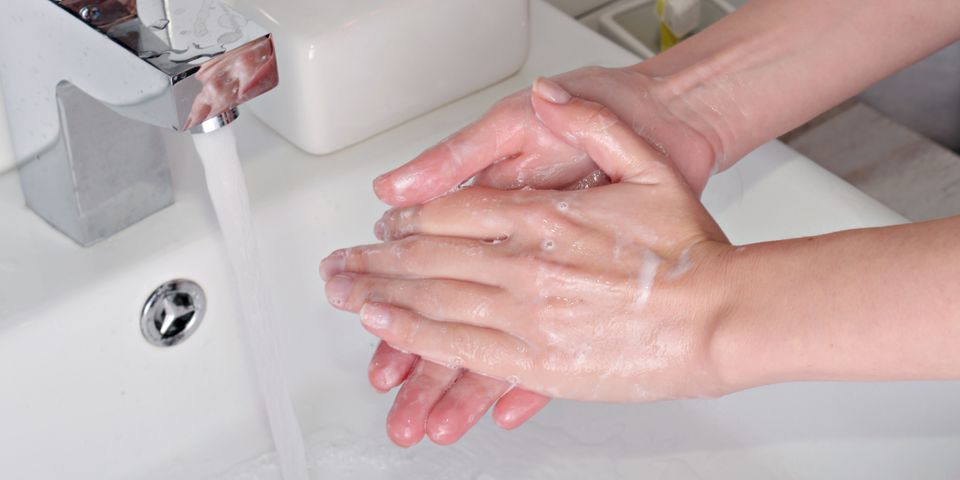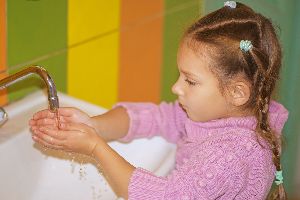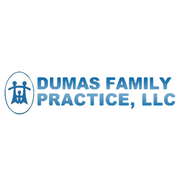
Handwashing is an essential aspect of remaining healthy. Germs that cause both mild and severe illnesses can be spread by direct contact, so as part of your preventative care routine, you need to wash your hands frequently and properly. Here are a few handwashing guidelines that everyone should remember.
Do:
Use soap.
Hot water alone may kill germs that are sensitive to heat. However, many germs can survive temperatures that are far beyond the level at which you can comfortably wash your hands. Therefore, you should use soap to kill off as many germs as possible. Soap is extremely destructive to microscopic molecules, which is why it effectively sanitizes your hands and destroys germs.
Take your time.
In order for soap to reach its maximum potential, you need to work it into a lather with your hands. This process takes 20 to 30 seconds at a minimum. Make sure to rigorously scrub the front and back of your hands for the best results.

Wash frequently.
People come into contact with germ-covered surfaces thousands of times per day. Whether it's a door knob, a toilet seat, a handle, or some other shared surface, there is a chance that you could be exposed to dangerous germs every time you touch something and fail to wash your hands. As part of your preventative care routine, be sure to always wash your hands before eating, after using the restroom, after blowing your nose, coughing, or sneezing, and after touching animals or waste.
Don't:
Always substitute sanitizer for handwashing.
Hand sanitizer is a great product for quickly sanitizing your hands on the go. However, it isn't as effective in cases where your hands are extremely dirty, and it may not fully remove pesticides or chemicals. You should still wash your hands regularly each day and only use sanitizer to kill off germs between washes.
Overwash your hands.
Washing frequently is important, but you can damage your skin if you wash too frequently. Signs of overwashing include chapped or bleeding hands and dry or flaking skin. Ironically, overwashing leaves you more susceptible to harm from germs since bacteria can enter open wounds on chapped, bleeding skin.
Touch fixtures after washing your hands.
When possible, turn off the sink with your elbow and use a cloth-covered hand to open the door after using the restroom. You'll immediately end up with germs on your hands again if you touch fixtures after washing.
Your preventative care provider can give you further guidelines on proper handwashing techniques. If you have any health concerns, Dumas Family Practice is here to help. This clinic has served the Northern Texas Panhandle area for more than three decades. Their services include pain management, chronic illness treatment, and routine medical checkups. See what they have to offer online or schedule an appointment by calling (806) 935-9005.
About the Business
Have a question? Ask the experts!
Send your question

